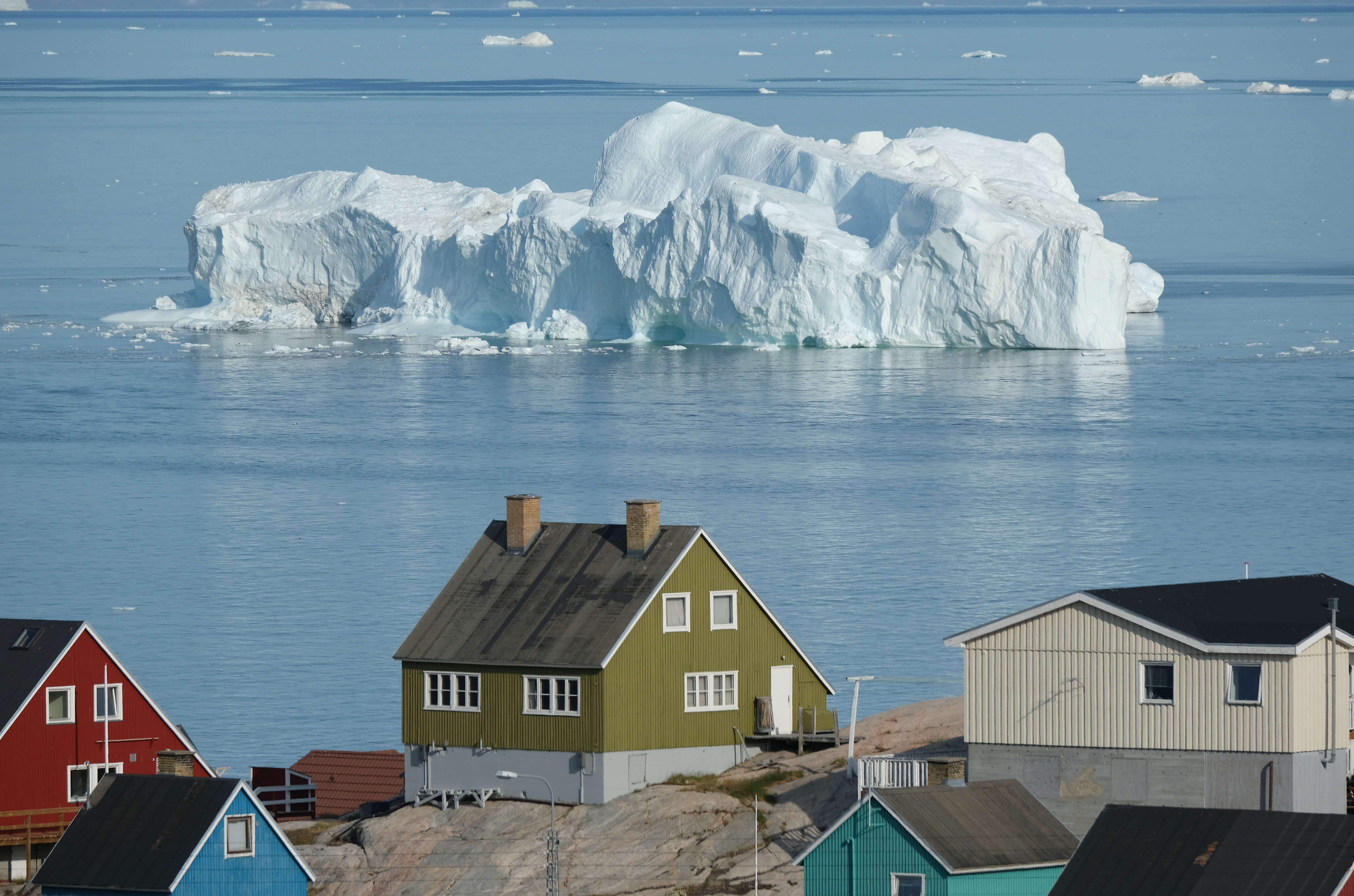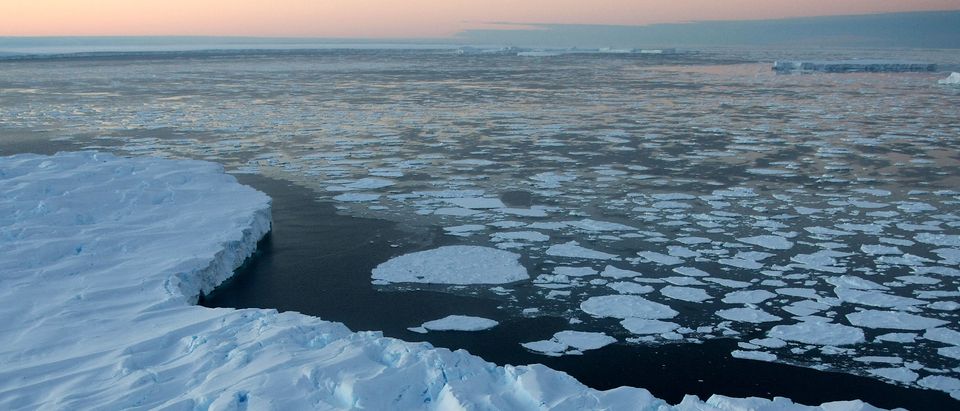A recent study found that flooding could cost the planet up to $14.2 trillion in asset loss or damage by 2100.
The study, published Thursday in Scientific Reports, identified flooding “hot spots” and predicted the impact of rising sea levels if “no coastal protection or adaptation” takes place. 52% of the entire global population is “at risk” of flooding by 2100, and damage could cost up to 20% of the world’s gross domestic product, the study found according to CNN.
The majority of the areas impacted will flood because of extreme weather, while 32% of the flooding will be caused by rising sea levels, according to the study. (RELATED: ‘It’s An Assault On Our Way Of Life’: Cattle Rancher Slams 2020 Dems Over ‘War On Beef’)

An iceberg floats in Disko Bay behind houses during unseasonably warm weather on July 30, 2019 in Ilulissat, Greenland. The Sahara heat wave that recently sent temperatures to record levels in parts of Europe is arriving in Greenland. Climate change is having a profound effect in Greenland, where over the last several decades summers have become longer and the rate that glaciers and the Greenland ice cap are retreating has accelerated. (Photo by Sean Gallup/Getty Images)
“Sea level rise is a well-accepted consequence of climate change,” the study said. “Although the focus of the general public often tends to be on the rate and magnitude of increase in mean sea level, the major threats of coastal flooding and erosion are significantly impacted by episodic storm surge and wave setup.”
The authors focused on extreme weather events to make their predictions, CNN reported. They combined data on storms, cyclones, and other weather events with predictions on rising sea levels due to climate change in order to get the results.
“We are looking at extremes,” the study’s co-author Ian Young told CNN. “That’s what is unique about this project.”
Ebru Kirezci, who lead the study, said that the purpose of their research was “to inform the decision-makers and policymakers around the world so we can identify the hotspots – the most vulnerable areas – across the global coastlines,” according to CNN.
Presumptive Democratic Presidential nominee Joe Biden announced a $2 trillion budget earlier this month to combat climate change, following a trend of aggressive climate change policies like the Green New Deal.
President Donald Trump announced in 2017 that the United States would withdraw from the Paris climate agreement, which was one of the promises he made during his campaign. “The United States does not have to sacrifice our own jobs to lead the world on the environment,” President Trump said last year.












